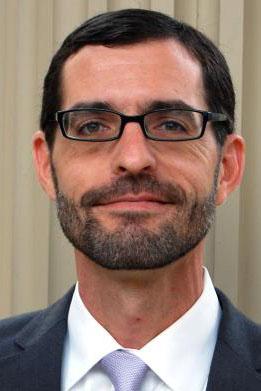A group in Massachusetts is working to clear the names of people accused of witchcraft, according to this report from the AP. The Massachusetts Witch-Hunt Justice Project includes historians and distant relatives of the hundreds of people who were charged, tried for, or convicted of witchery in the state during the 17th century. A similar ... Read more
The post News Roundup appeared first on North Carolina Criminal Law.



